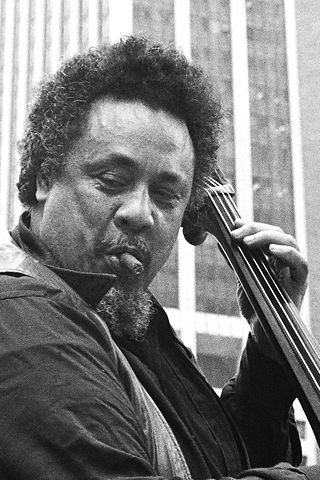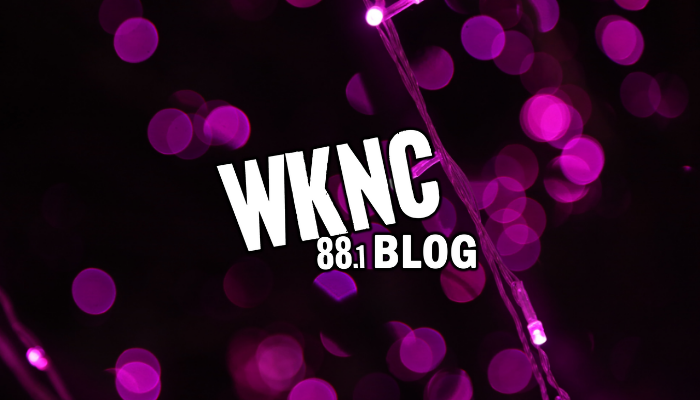“Oh, I only listen to real music. You wouldn’t get it. I’m so individualistic and nobody else shares my taste in music.”
At all points in history has there been some form of elitism in music. Often, it is fueled by racism, classism, and other forms of discrimination, especially by the dominant forces in the music industry. However, there has also been a counter-elitism among people who listen to less mainstream artists for the past few decades that has seemed to become more prevalent since the 2000s.
Since I’m centering this discussion around music in the US, which is predominantly English-speaking, I will refrain from discussing music in other languages. It’s cool to see latin music and K-pop becoming popular in the English-speaking US over the past decade, however.
Racism in the Music Industry
Black artists have consistently been the ones to bring innovations to music in the US, from rock to hip-hop to jazz. Even pop music (considering pop as a genre) has its foundations in music created and innovated on by Black artists. As a result, Black artists are often somewhat overrepresented on music charts, and rightfully so.

From 2012 to 2020, they represented 38% of all artists on the Billboard top 200. However, they are consistently overlooked for awards like the Grammys, receiving only 26.7% of nominations over the same period. Much of this discrimination comes from the overwhelming lack of people of color as executives in the music industry: only 4.2% are Black.
Additionally, many of the most notable “snubs” in the Grammys over the past decade or so have been against Black artists. Despite now having the most Grammy wins of any artist, Beyoncé has only one win in the Big Four categories. So, why do programs like the Grammys continue to be so popular, even though discrimination continues to be so prevalent?
I believe there are two predominant reasons: hope for better and ignorance of these issues in the first place. There are many people who likely hold onto the hope that this year will be the year that the music industry reverses course on its racist tendencies. I think there are even more who don’t notice these issues at all–or don’t care–since they aren’t affected.
How Music Bros Shape the Conversation
However, this lack of representation extends beyond institutional practices. Fans of independent music online tend to be white, financially comfortable men. Some of these listeners tend to obsess over classical music, especially the music that has overwhlemingly shaped the contemporary, western understanding of music theory, though that is worthy of its own discussion.

Most of the rest of these indie music fans tend to congregate on platforms like Rate Your Music and music-related social media groups. These are the places where I see the most elitism in music among people who hold no actual power over record labels or other parts of the music industry. Here, elitism comes through in the form of gatekeeping of up-and-coming artists as well as discriminatory biases.
On the all-time best album chart on Rate Your Music, Black artists comprise about 25% of the 50 top albums. Again, this percentage is well below the representation of Black artists on the Billboard top 200. More striking, though, is the lack of women and queer artists in these communities. On that same chart, only three of the top 50 albums have female vocalists (where gender is most noticeable), and the first, Björk, is only 31st. There are only three openly queer artists in the top 100 albums, and only two in the top 50.
Why is the Non-Mainstream Music Discussion Like This?
I bring these numbers up, because I think elitism in these types of music circles is largely predicated on the belief that mainstream listeners, especially women, will “ruin” the music. These listeners also tend to have a suspiciously high overlap with “incel” groups. The resulting misogyny (and queerphobia) leads to generally less respect for women and queer artists. Unless these artists are accepted into the “canon” of great artists they are largely neglected. As a side note, no female queer artists or trans artists until Big Thief at no.398.
There tends to be a lot of talk among these types of music listeners, especially over the past few years, about how Tiktok and other platforms are “ruining” music. When a song by an artist commonly accepted amongst these listeners as a “great” goes viral, they lament about how they can’t enjoy the music anymore. These listeners think that their interpretation of good music is the best interpretation, and any attempt to break the gatekeeping of these artists is a tragedy.
Likewise, these listeners often disdain music that gets especially popular for similar reasons. Artists like Taylor Swift, Harry Styles, or Bad Bunny have been seen as “trashy pop” only liked by teenage girls and people who don’t really “get” music like these white men in their mid-20s.
It’s okay to not like popular artists because you don’t vibe with their sound or genre. As for myself, I don’t typically listen to any of the three artists I just listed, but I still enjoy Swift’s music. I listen to a lot of Beyonce or The Weeknd. That doesn’t mean I don’t also love music by lesser known artists.
Closing Thoughts
WKNC is a radio station that prides itself on playing music by less popular artists, especially those whose voices are often left out of discussions of what “the best” music is. I hope that this mindset is able to spread farther than the idea that men (especially white, cisgender, heterosexual men) overwhlemingly make better music. And this should extend to what the music industry chooses to become popular as well.
–DJ Cashew

